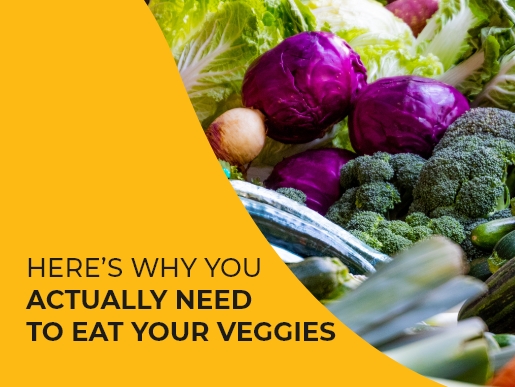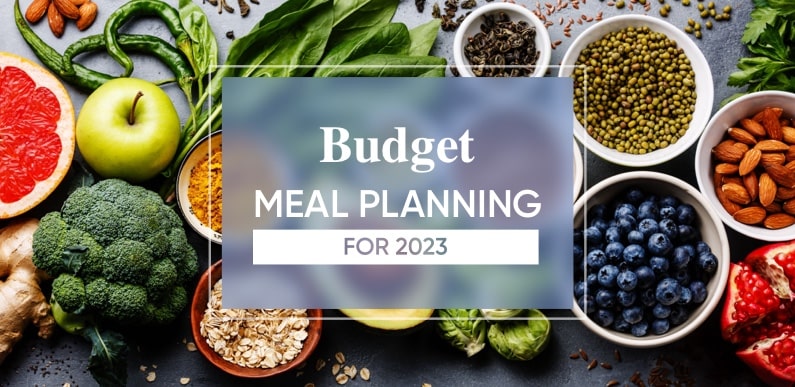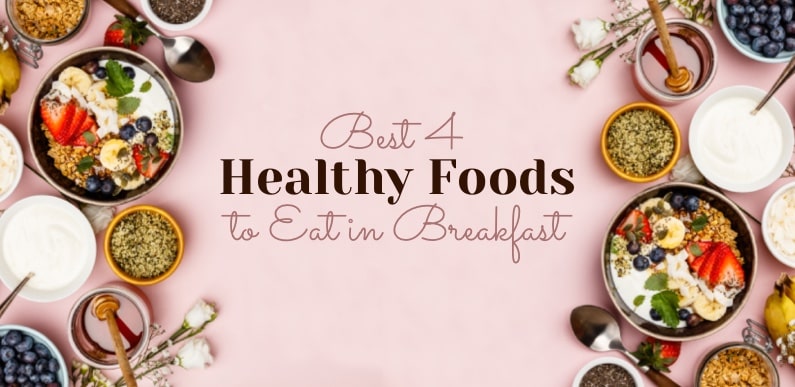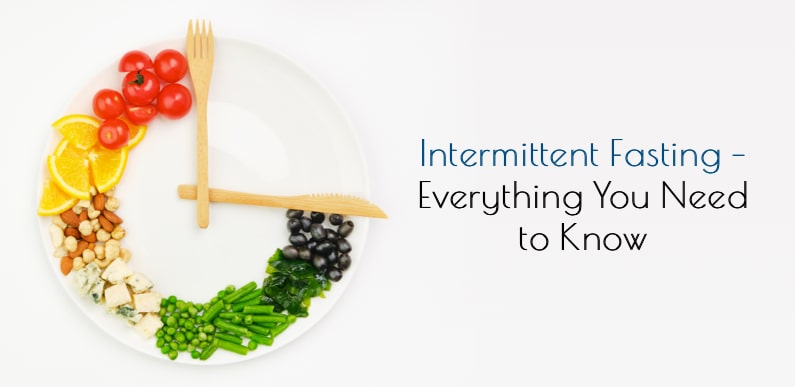

As a kid, it takes a lot of courage to eat your vegetable. Nobody – especially a kid – wants kale over mac and cheese and cookies.
As an adult, though, you know you need vegetables. You may still not like them (you may still not even eat them – please eat them). But do you know why? Sure, they have a lot of nutrients, but what nutrients make them so good?
The answer, unsurprisingly, is that it varies. Different veggies have different benefits. Carrots have different benefits than broccoli, broccoli has different benefits than peppers.
Even if you don’t like vegetables, there are so many out there with so many different benefits that it’s almost impossible to find one that isn’t for you.
Some of the Benefits
Reduced risk of heart disease – According to the International Journal of Epidemiology, 10 servings (5 cups) of fruits and vegetables daily may lower your risk of cardiovascular disease by 28% and premature death by 31%. The vegetables with the greatest benefits were:
- Green leafy vegetables.
- Cruciferous vegetables (like broccoli and cauliflower).
- Green and yellow vegetables (like peppers and carrots).
This seems like a lot of produce, but not if you break it down by meal. Aim for 1.5 servings at lunch and dinner and have 1 serving each for breakfast and a snack (maybe opt for some fruit for these servings – nobody wants broccoli with their coffee).
Helps weight loss – Most vegetables are naturally low in fat and calories. Many are also high in fiber, which will help you feel full. This means you can eat a comparatively large amount of veggies without adding much to your daily calorie intake.
The key here is to prepare them right. Some sauces, seasonings, and other preparation methods will add unnecessary calories and strip away some nutrients. Steaming is generally considered the best method for nutrient preservation, but steamed veggies can be a little bland. You can also try sautéing or roasting with a small amount of oil. Just don’t deep fry it!
The Best of the Best
Kale – Kale is one of the most nutrient-dense vegetables you can eat. One cup of kale contains more than your entire daily value of vitamin C, more than double your daily value of vitamin A, and six times your daily value of vitamin K. It’s also packed with antioxidants.
Kale is best eaten raw so as not to lose out on any of those nutrients. Try it in a salad with some low-calorie dressing, protein, and more veggies!
Carrots – Carrots are also packed with vitamin A. One cup will give you more than four times your daily value. They also contain nutrients like vitamin C, vitamin K, and potassium. They also have antioxidants, such as beta-carotene, which may help in cancer prevention.
Carrots can be eaten during the summer but, strangely enough, carrots are sweetest in the fall and winter. Carrots harvested after a frost are sometimes called “candy carrots.” This is because carrots and other root vegetables convert some of their starches into sugars when it gets cold out in order to survive.
Brussels sprouts – Similar to carrots, Brussels sprouts are hearty vegetables that thrive in colder weather. They contain tons of vitamins K, A, B, and C as well as magnesium and potassium. They’re also high in fiber.
This is one you may have nightmares about from your childhood. Brussels sprouts are often seen as bitter and unappealing. Cooked right by sautéing or roasting with a little oil and seasoning. Brussels sprouts can be an amazing addition to any meal!
Okay, maybe not breakfast.
For more Nutrition-related videos, click here!






